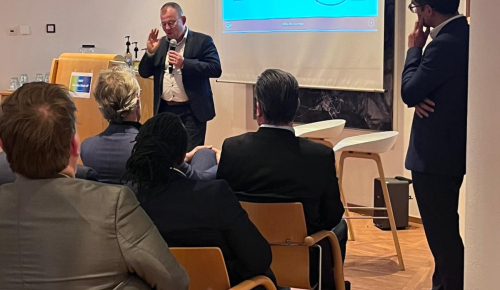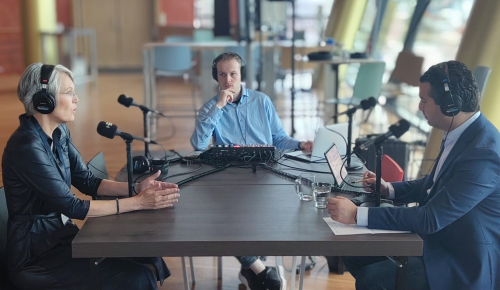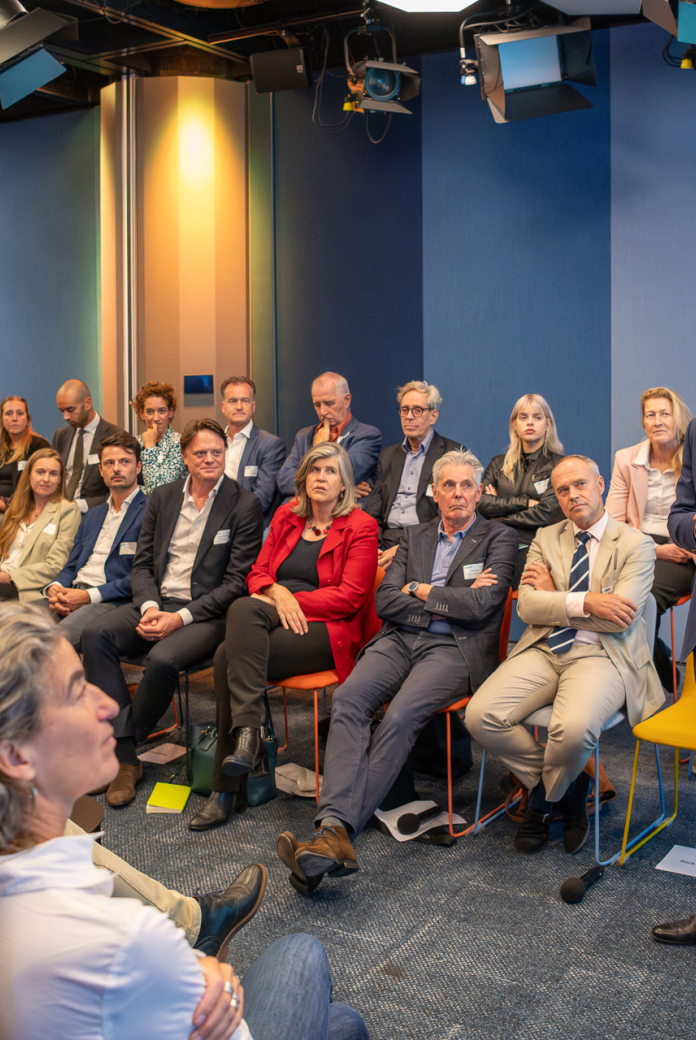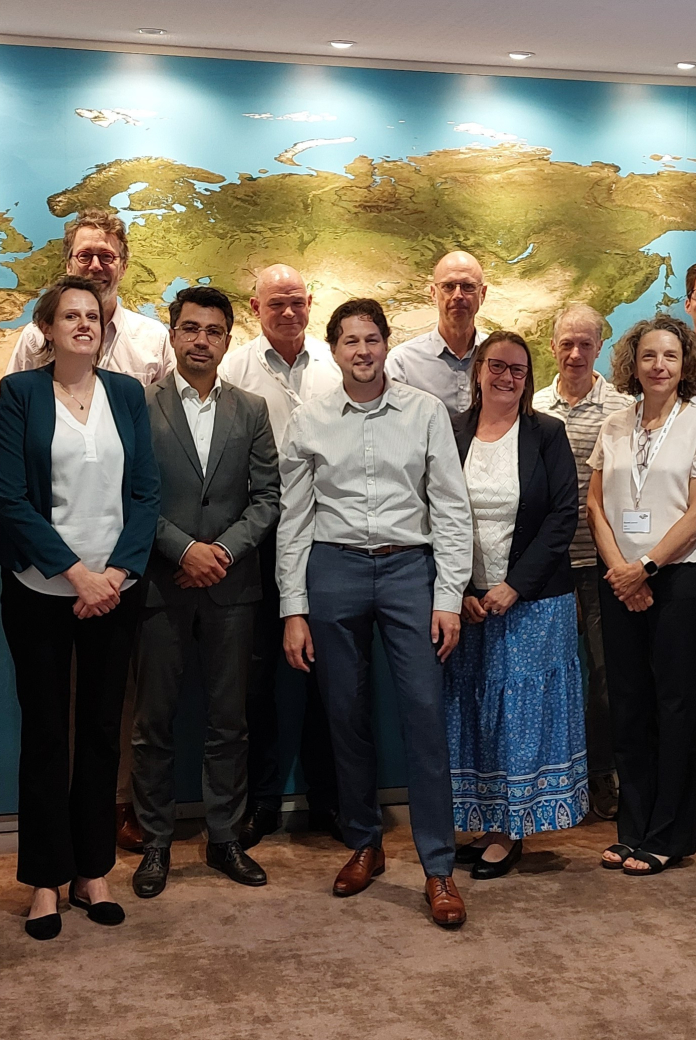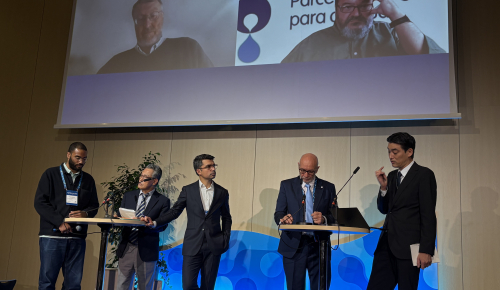Impact story
4 March 2021Social enterprises: combining the power of NGOs and businesses
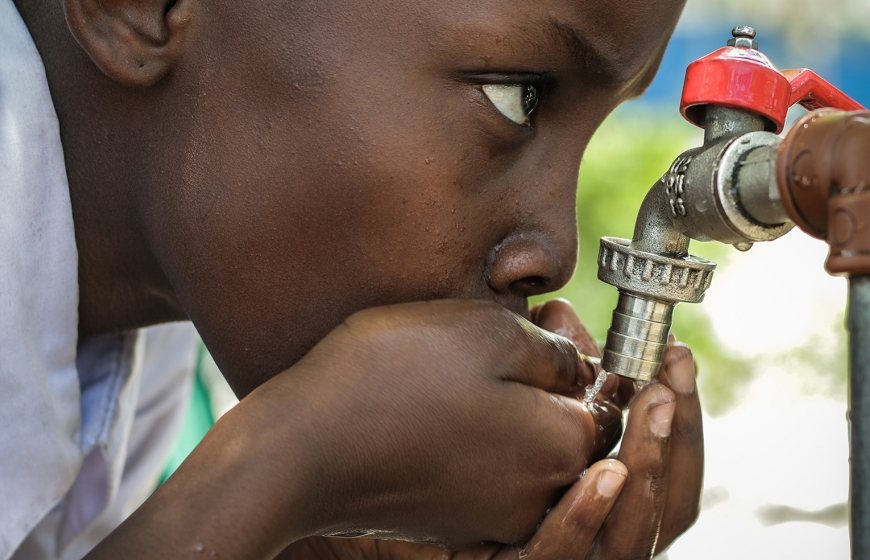
Social enterprises that combine the expertise of NGOs and businesses with local responsibility, offer great opportunities to create more bankable and sustainable solutions. This is the basic idea behind WaterStarters. WaterStarters was founded by MegaGroup in partnership with Amref Flying Doctors, both members of the Netherlands Water Partnership. In the next seven years, WaterStarters plans to create almost 600 new and refurbished boreholes, reaching 1.5 million people in Kenya. Frank Kalff, Business Development Director at MegaGroup Export and Danny Dubbeldeman, Ventures Manager at Amref Flying Doctors, sum up the advantages of this promising cooperation. Their basic premise is that you need to make money to be able to spend it.
Give and take
When he started at MegaGroup, Frank Kalff was inspired by his CEO, Bernard Verburg who told him about a visit to the Serengeti National Park. “He told me ‘I looked around and literally got tears in my eyes, it was such a privilege to enjoy that magnificent world. I suddenly understood something clearly: we should not only take, but also give.’ At home, we just turn on the tap for water, while elsewhere, water scarcity is dire. MegaGroup is a technical wholesaler. Our credo is ‘Bringing Water to Life’ and we do this by selling water solutions to our customers. However, as we also want to play a role in making water available to improve people’s lives, we founded WaterStarters. It is a social enterprise, a business that uses the power of commerce to positively impact the local economy. As we cannot have the greatest impact alone, we jointly set up the programme with Amref Health Africa to team up with Kenyan communities and create lasting health change.”
Bankable solutions
Danny Dubbeldeman is convinced that NGOs need to adapt. "We see the world changing and we realise that we have to accelerate if we want to achieve our goals. The annual financing gap to achieve the SDGs by 2030 is currently USD 2.5 trillion. We will never bridge this if we continue to work in the traditional way. While private sector innovations can build the capacity to improve project efficiency, innovative financing structures and incorporating private return seeking capital, can bring the capacity to finance projects. The high impact and high-risk profile of projects like WaterStarters require innovative blending of different sources of financing. By using donor money more intelligently and by introducing more entrepreneurship and more socio-economic incentives in our programmes, bankable solutions can be developed that will achieve lasting health change in Kenya. We have therefore embraced social entrepreneurship, thus combining the efficiency of the entrepreneurial private sector with the welfare orientation of the public sector.”
Impact with and for local communities
The social enterprise approach has four pillars, explains Kalff. “First, it is led by a mission consistent with a public or community benefit. Second, it uses trade to fulfil that mission. Third, it derives a substantial portion of its income from trade. And last but not least, it reinvests most of its profit in fulfilling its mission.”
It is Kalff’s firm belief that involving community households improves the longevity of an installation. “This is why the costs of the boreholes that we install are covered through a joint financial effort that includes local communities. They need to invest at least 15% of the installation’s starting capital. This increases their involvement and sense of responsibility. The programme also catalyses the entrepreneurial spirit of Kenyan communities.”
For local communities, the programme is not completely new. Even in remote and poor areas, water is already often handled as a social enterprise. Villages club together to help build water projects and have to pay for their use. So there is a valuable basis from which to work.
New partners and cooperation
According to Dubbeldeman, the concept of the social enterprise fits into a broader development. "We are working on a number of programmes in which entrepreneurship and innovative financing play a central role. We look at who the natural payer is, what they can and are willing to pay now and in the future, and what is still needed to close the gap. We work with different types of partners, and in different ways. The partnership we have with Philips is a good example. Ten years ago, our partnership started out in a traditional way where we received an annual grant from Philips. We are now working together on shared value projects. This is a very interesting development, and is also necessary to achieve the desired scale and results.”
Sustainability and scale
Revenue generation is not the end-goal but the means of a project like WaterStarters. Dubbeldeman emphasises that "It is primarily the business model that increases the sustainability of solutions and that provides a basis for replication and upscaling." Kalff continues. “Water revenues from each water point will be collected and managed through a prepaid metering system which will stimulate accountability and prevent non-revenue water losses. The revenues will be appropriately apportioned to repay investors, cover the running and operational costs and scale up to reach other underserved communities. The profit generated in Kenya does not go to us, but is used to drill more wells and thus help more people to get access to safe drinking water. We are thinking of ultimately having a franchise organisation. Amref’s great contacts and health education on the ground are, of course, indispensable."
NWP network starting point for cooperation
For MegaGroup, it is a matter of course to build consortia, explains Kalff. “We ourselves are never at the forefront of project development. Someone else is usually in the lead here, and we join in to provide solutions for water needs. So building consortia is second nature for us. NWP’s network can play a valuable role in developing more collaborations and partnerships. NWP is committed to encouraging and facilitating its members to meet, to find out how we can work together and how we can build strong relationships. I was new to the international water world, and most of my connections come from the NWP network. It gave me a head start.”
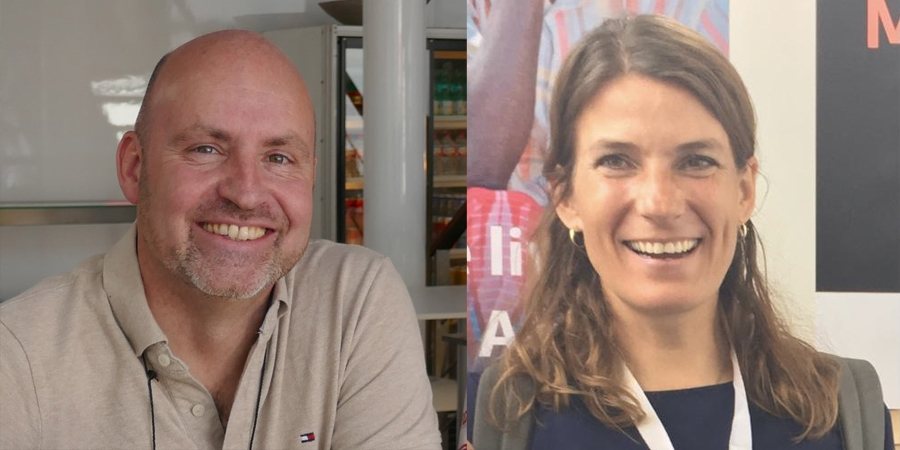
Featured NWP members: MegaGroup, AMREF Health Africa


